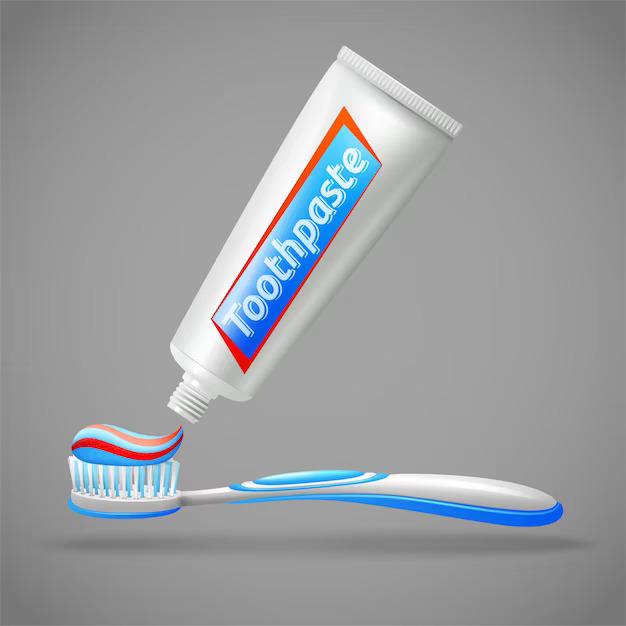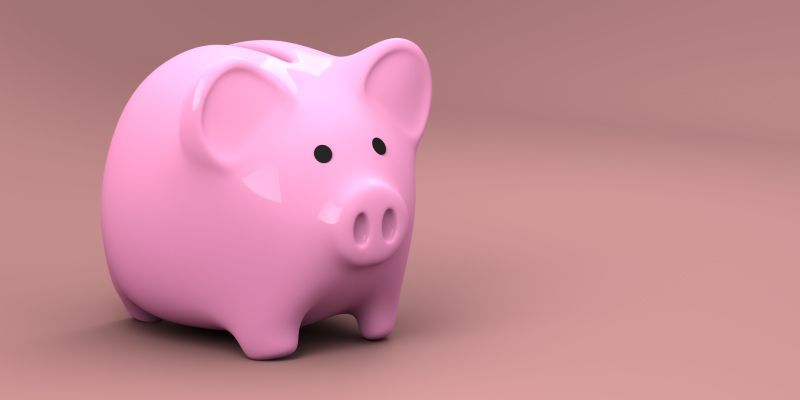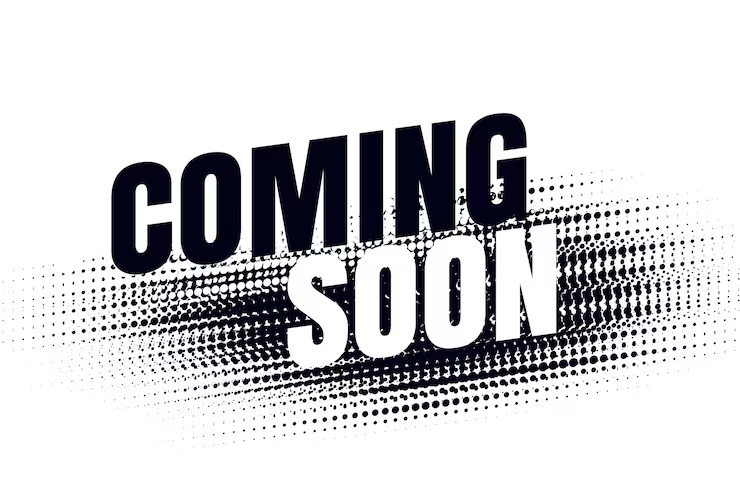
Have you been worried about the freshness of your breath lately? Most, if not all of us, dread having foul breath. Chronic bad breath, scientifically known as halitosis, is estimated to afflict 25% of the entire world on a regular basis! If your sugar-free mints, sugar-free chewing gum, or mouthwash is only covering up your bad breath problem for only a short amount of time, you may have halitosis. So, what causes this embarrassing condition?
What Is Halitosis?
Halitosis is perpetual bad breath that lingers in your mouth until the actual culprit is treated. This unfortunate condition is not just temporary bad breath you get after waking up in the morning. It’s also not just caused by a garlicky meal. Halitosis remains for an extended period of time and is usually a sign of something more serious.
What Causes Halitosis?
Poor Oral HygieneThe most common cause of halitosis stems from poor oral hygiene. If you don’t brush and wash away food and beverage particles, bacteria feed and multiply, leading to cavities and dental plaque. The accumulation of old meals and harmful oral bacteria produces a foul odor.
Dry MouthSaliva is a natural mouth-cleaning agent that goes a long way in improving your dental health and your breath. Saliva rinses and removes unwanted particles from your mouth and fights off bacteria that cause cavities and infections. If you mouth isn’t producing enough saliva, you are at increased risk of decay, infection, and odor-causing bacteria.
Gum DiseaseGum disease, also known as periodontal disease, is the infection of the soft tissues supporting your teeth. As plaque and tartar (hardened plaque) accumulate along and under your gumline, your gums gradually pull away from your teeth, creating pockets that harbor odor-causing and infectious bacteria. Advanced gum disease requires professional cleaning to get under control.
Other DiseasesHalitosis can be a sign of a more serious systemic disease like cancer, liver and kidney failure, diabetes, or gastric reflux.
We Can Help Freshen Your Breath!
Great dental health starts at Royal Lane Dental Center. If you are suffering from chronic bad breath, contact our Dallas dental team to schedule an appointment with one of our expert dentists so we can find out its root cause.
CONTACT US











0 comments